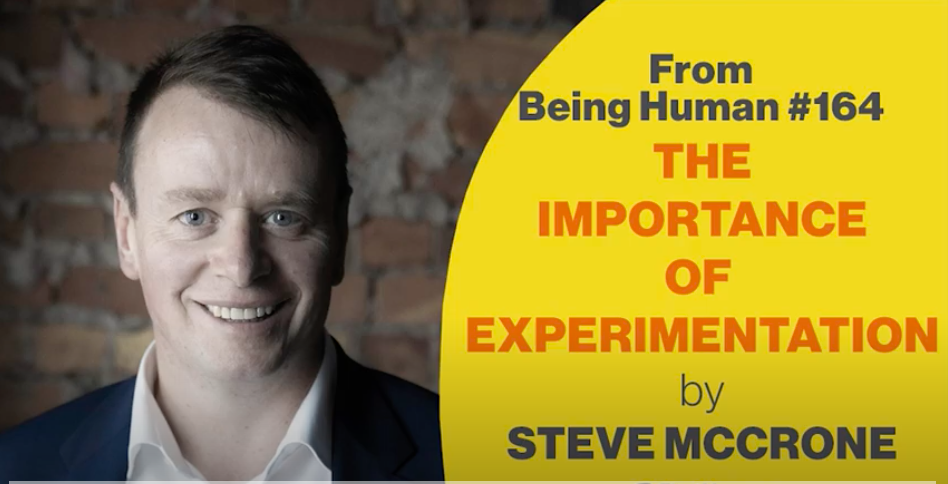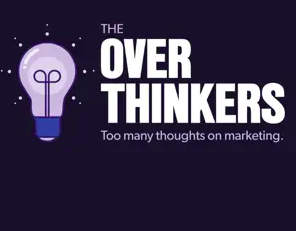
Our Managing Director, Steve McCrone was interviewed for the podcast and YouTube channel Being Human in May 2021. Being Human is a podcast aimed at “bringing deeper perspectives to the business conversation.”
As it is such a good introduction to what we stand for at AGLX, we thought we’d share it here.
#164 A STRATEGY FOR UNCERTAINTY – STEVE MCCRONE | Being Human
A Teaser
Steve reflects on similarities in approach and decision making that he has brought from his experience as a NZ Army bomb disposal expert and takes to organisational strategy development.
He is passionate about helping organisations NOT waste money by creating strategies that are fixed, inflexible and outdated as soon as a situation changes. He explains how he came across Cynefin and believes it provides the tools to enable a more “living” approach to strategy.
In his view, organisations need to let go of having a fixed objective, with strategies locked in which actually constrain, rather than enable, an organisation.
“Everyone has a plan until you get punched in the face,” Mike Tyson
He explains how organisations can be successful by agreeing their direction and moving towards this in incremental steps, allowing changes and complexity to become opportunities, without the constraints around how to get there.
He poses the strategic question:
How do we maximise the evolutionary potential of our present moment?
By which he means what are the small steps we can take today that lead us in our target direction, including:
- Enabling experimentation
- Allowing for multiple different actions and perspectives to take action in testing and trialing
- Enabling, rather than constraining. The only constraints are: an action looks as if it could possibly move us towards our desired direction
- Amplifying those things that work; moving on if they don’t
- As uncertainty increases, take smaller experimentation steps; if it decreases, allow larger experimentations
- Allowing the path to emerge rather than setting it out at the start
Organisations that are inhibited find they are struggling to get buy-in to an established strategy as it gets ‘rolled out,’ rather than having built the plan together, enabling each person to participate. There is a pervasive “fear of failure” and permission seeking limiting the ability to experiment. They also find that they are presented with two binary options when making strategic decisions – should we choose option A or B?
Steve sums the discussion up by talking about the stages of strategic development: detect, respond, deploy
- Detect – organisations need to be able to detect opportunities and scan more broadly than they might be traditionally. He encourages cognitive diversity and for organisations to think differently about the same situation
- Respond – the implementation of contextually appropriate responses. He encourages people and teams to consider ‘what’s the worst that can happen’ to liberate their experimentation approach. He advocates the need for a shared understanding of the sorts of responses allowed – for example allowing freedom to experiment, but not a free-for all. Experimentation happens and is followed by the importance of a feedback loop, so learnings are made and the organisation understands which options took them successfully in their desired direction
- Deploy – it is at this stage that these successful experiments built on and when opportunities to create value arise, they can be leveraged
The tempo of a business is how fast you can move forward without wiping out your people and your finances, but also do not stagnate.
Listen here for the full interview, we hope you enjoy it: #164 A STRATEGY FOR UNCERTAINTY – STEVE MCCRONE | Being Human
Do You Want to Change the Status Quo?
If you are a leader who is frustrated with how things are working now and a curiosity do things better, then we would love to talk.
AGLX is an adaptive strategy consultancy that allows organisations to be confident in complexity & turn uncertainty into a competitive advantage.
We work with the leaders of organisations who are looking for fresh thinking and want to challenge the status quo.
Get in touch with us for a confidential discussion about how we can help you.




